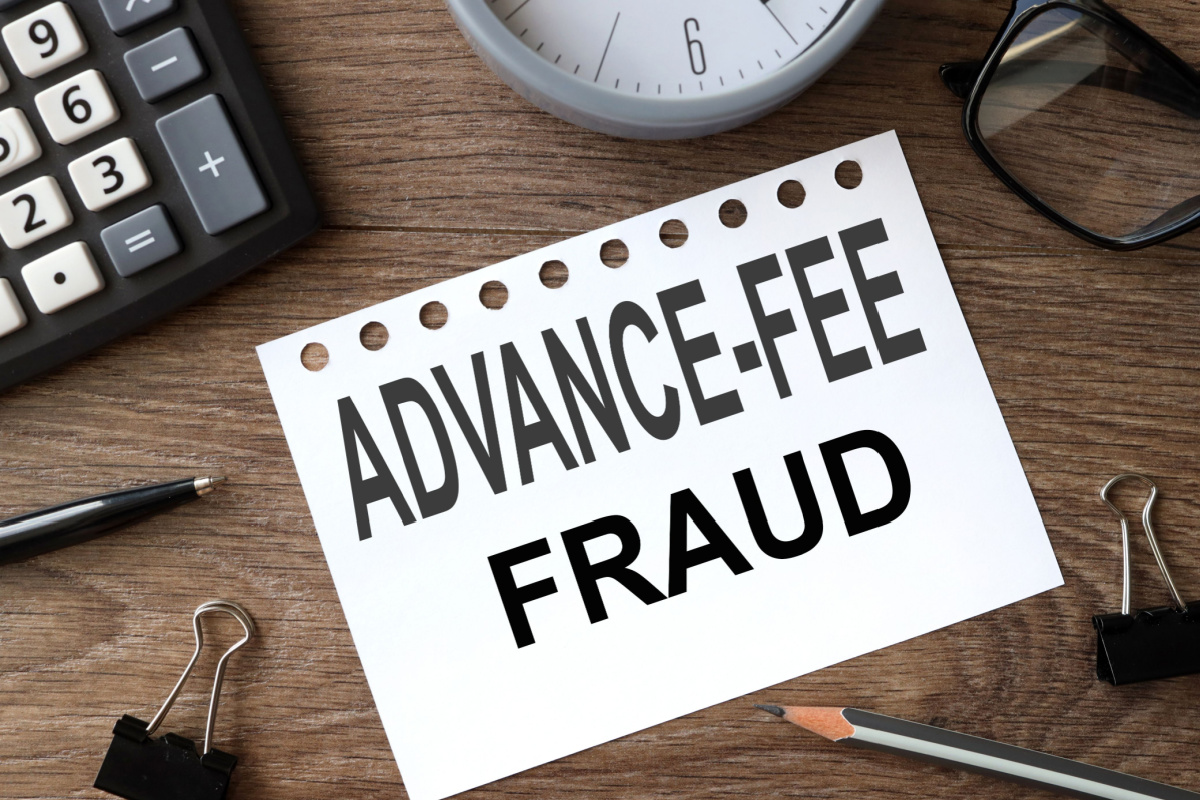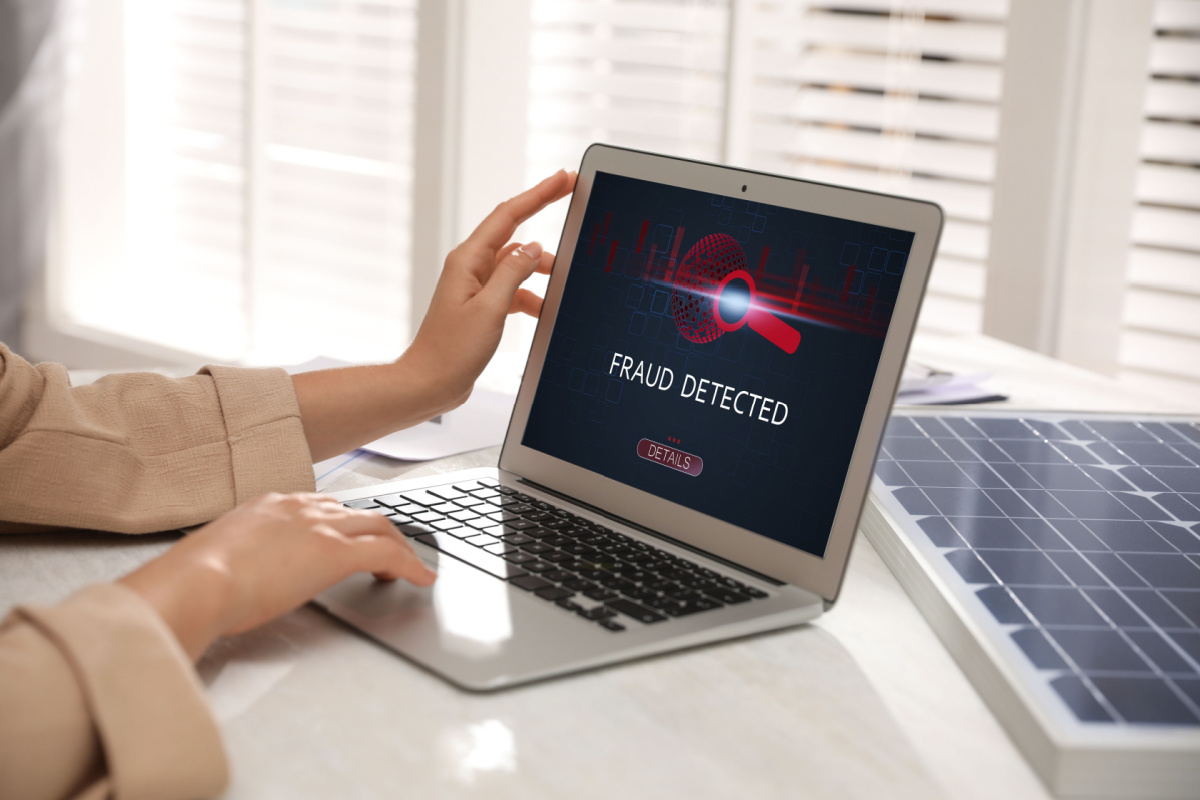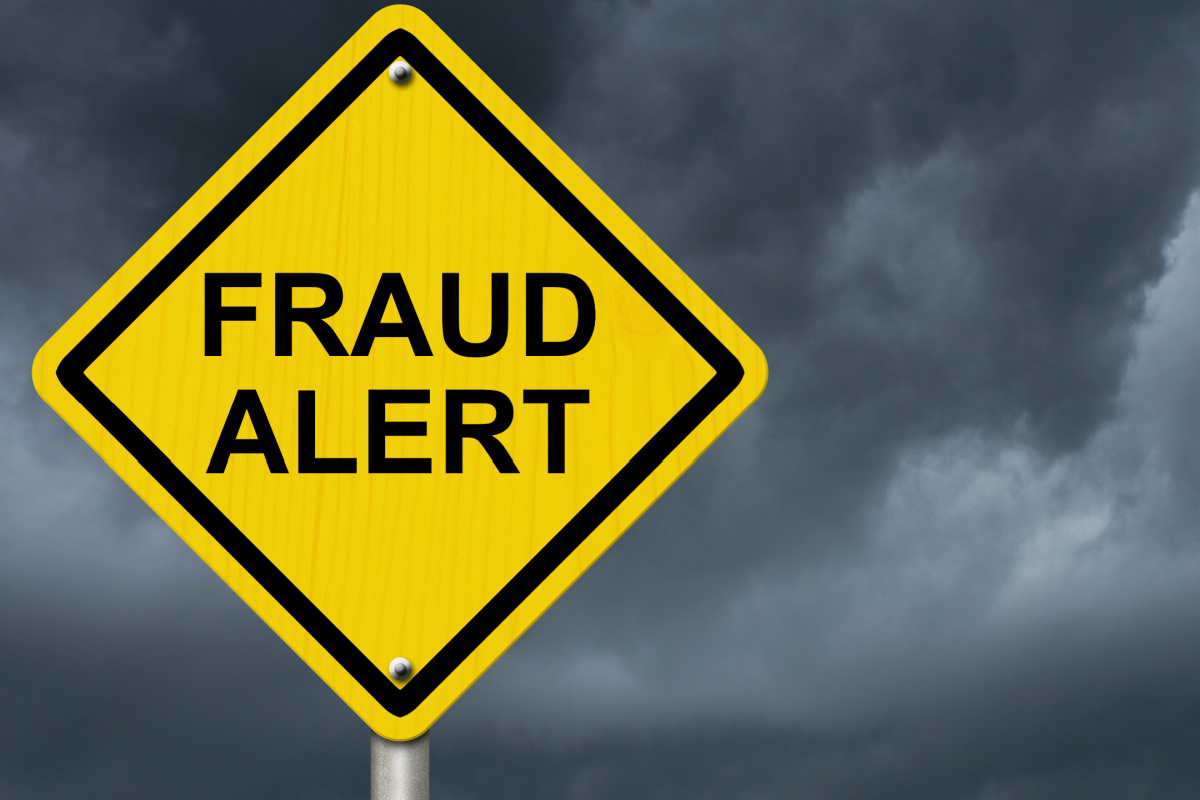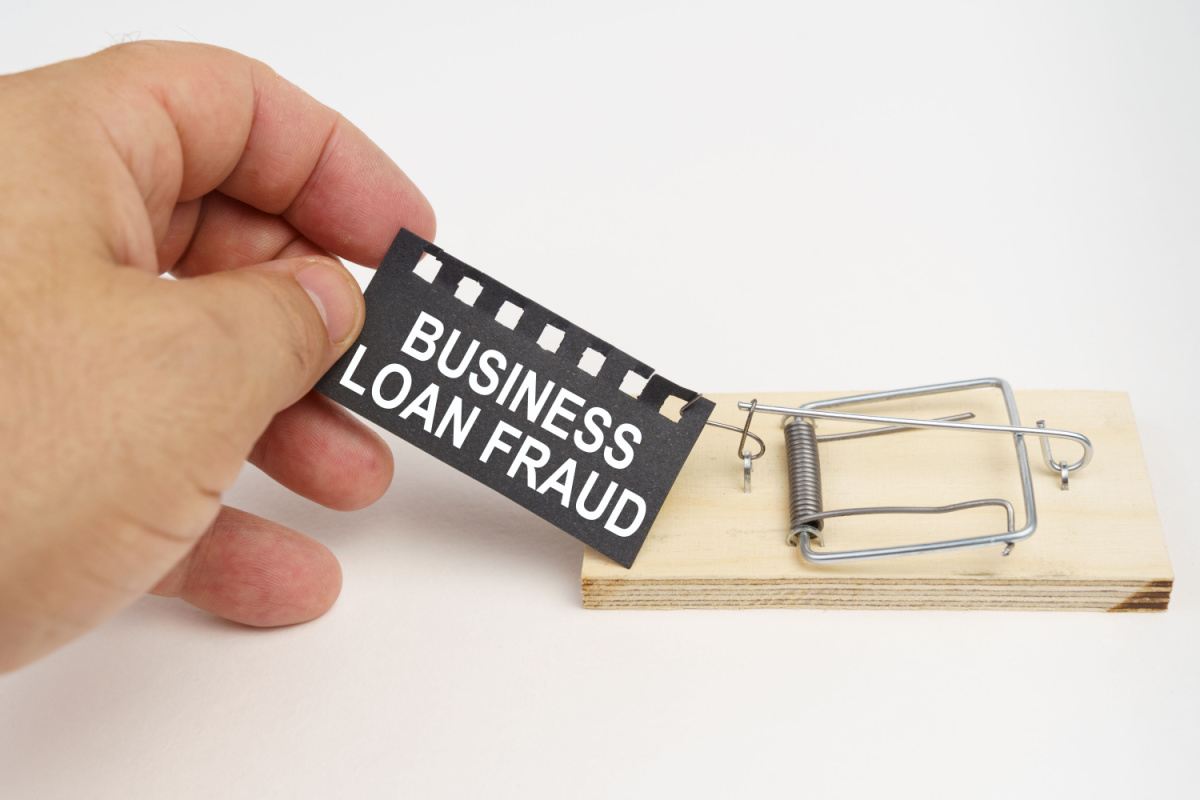In the bustling marketplace of modern commerce, small business owners face threats more daunting than just the competition: phantom government agents who threaten to padlock your dreams unless you cough up 'overdue taxes' immediately. Or those tantalizing emails promising a hefty business loan – if only you'd kindly deposit a 'small' fee to secure it.
Small businesses are bombarded with creative cons that could make even the savviest entrepreneur's head spin. Before you offer your bank details or sign on the digital dotted line, let's delve into nine common small business loan scams and offer insights on how to decrease risk and safeguard your business.
Small business loan scams can be particularly harmful because they often target small business owners who need funding the most. According to LexisNexis, in 2022, the rate of small business loan scamming went up by 7.6% from the year before.
To protect yourself from becoming part of the statistics, here are some common types of business loan scams to be aware of:
Advance fee fraud involves scammers who convince their victims that they've been approved for a loan. This is sometimes called a “guaranteed loan scam”, as some lenders will reach out with promises of a guaranteed loan without credit review.
 In either case, the scammer will tell the borrower they must pay an upfront fee before any funds can be disbursed. Eager for the funds, many fall into the trap, pay the fee and find that the scammer disappears, leaving them without the loan they anticipated and out of pocket for the fee.
In either case, the scammer will tell the borrower they must pay an upfront fee before any funds can be disbursed. Eager for the funds, many fall into the trap, pay the fee and find that the scammer disappears, leaving them without the loan they anticipated and out of pocket for the fee.
Phishing is quite common: four out of five businesses experience a phishing attempt every year. Phishing scammers impersonate legitimate lenders, sending out seemingly authentic emails or messages asking for sensitive personal and financial information.
Unsuspecting business owners may hand over personal data like bank accounts and routing numbers, thinking they are communicating with a legitimate entity, only for the scammer to misuse this information for identity theft or unauthorized transactions.
SBA grant scams are especially prevalent during economic downturns, as scammers exploit the allure of SBA loans. Loans offered through the SBA often come with lower interest rates and guarantees, which make strong leveraging tools for a scammer.
Scammers may claim to offer special access or expedited approvals for these government-backed loans, asking for fees. Remember that genuine SBA loans don't require fees or guarantees of approval.
Peer lending platforms connect borrowers directly to independent lenders, often average people looking to offer lending opportunities to community members in need of loans. Because of the more casual nature of this loan, there is room for business funding scams, as scammers exploit this system by creating fake platforms.
 Borrowers are lured with attractive loan offers, but once they engage, they're asked for upfront fees or personal information. The scammer then disappears, often with the fees, without ever providing the loan and potentially misusing any shared personal information.
Borrowers are lured with attractive loan offers, but once they engage, they're asked for upfront fees or personal information. The scammer then disappears, often with the fees, without ever providing the loan and potentially misusing any shared personal information.
Many legitimate loan brokers help businesses find the right loan. However, fake brokers exploit this trust. They promise businesses they have special relationships with lenders and can secure great rates – but only after an upfront fee is paid. Once paid, these fraudulent brokers disappear, leaving the business out of pocket and without a loan.
While obtaining a loan, businesses expect to be charged agreed-upon fees and interest. But in this scam, a dishonest lender might duplicate charges, sneak in hidden fees, or process a single charge multiple times.
By the time businesses notice the discrepancies, they've paid significantly more than they should have. Many lenders do this after providing a loan by creating exorbitant repayment fees.
For businesses seeking an equity injection rather than debt, ghost investor fraud is a concern. These fraudsters pose as wealthy investors or venture capitalists. They show a keen interest in a business and then request an upfront fee, perhaps for their promise of investment. Once the fee is transferred, the investor disappears, never intending to invest.
In this scam, a lender will present a business with blank or partially filled loan documents for signature, usually with the assurance that the details will be filled in later. Once signed, the dishonest lender fills in unfavorable terms, committing the business to high rates, fees, or undesirable conditions.
Identity theft isn't limited to individuals. Scammers can target businesses, using stolen credentials to apply for large loans. If approved, they pocket the funds. The legitimate business, unaware of the application, is suddenly burdened with a debt they never took on, leading to credit damage and financial complications.
Becoming familiar with the warning signs of small business loan fraud can be your first line of defense against scammers. While some scams might appear incredibly sophisticated, many share common red flags.
 Recognize these signals to avoid falling victim to scamming tactics:
Recognize these signals to avoid falling victim to scamming tactics:
Now that you know some common indicators of a scam, let’s talk about how you can protect your business against loan scams.

If you believe you've been scammed, act quickly to safeguard your personal and financial well-being.
Your prompt action not only aids in potentially recovering lost funds but also helps in preventing others from falling victim to the same scam.
When you suspect you've encountered a small business loan scam, taking swift and precise action can protect yourself and others. First, cease all communication with the suspicious party.
Next, reporting a business loan fraud is pretty straightforward: in the U.S., the Federal Trade Commission (FTC) is a primary resource for this. Their website offers an easy-to-use portal to report fraudulent activities.
If you share any personal details with the suspected scammer, alert your bank or financial institution to prevent any unauthorized transactions. You should receive a reference number for a submitted fraud report if you wish to track and follow up on the progress of the investigation.
The ever-evolving landscape of scams, particularly in the realm of business loans, underscores the importance of vigilance and education. As fraudsters employ increasingly sophisticated tactics, as a successful small business owner, you must remain proactive, informed, and cautious in your financial dealings. Remember, prevention is always better than cure, and being informed is the strongest defense against falling victim to scams.